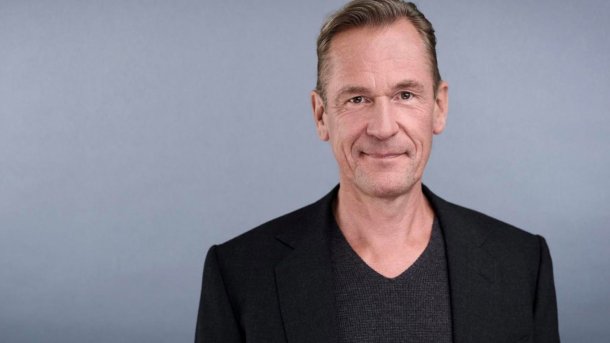Axel Springer CEO: "Google has been victorious all along"
Axel Springer CEO Mathias Döpfner believes that Google has prevailed against all odds over the past 20 years. But that could now change.

Mathias Döpfner
(Bild: Axel Springer Verlag)
"The zeitgeist has changed. Google has a headwind." This is what Mathias Döpfner, CEO of Axel Springer AG, writes in a guest article for the Frankfurter Allgemeine Zeitung. Almost exactly ten years ago, he had already published a guest article there, to which he now refers. At that time, Döpfner personally expressed his fears of the growing power of the search engine company and the equally great dependence of media companies to the then Google CEO Eric Schmidt. Ten years later, Döpfner sees his fears being realized, but he also sees reason for hope, and this has to do with artificial intelligence.
In 2023, Google and its parent company Alphabet will have a turnover of 300 billion US dollars, 75 percent of which will come from advertising, Döpfner now writes in the FAZ. With a market capitalization of 2 trillion dollars, Google has largely absorbed the business model and thus the revenues of publishers and the entire creative industries. "What Harvard professor Shoshana Zuboff calls "surveillance capitalism" has largely prevailed," says Döpfner.
"Dependencies are perceived"
However, the general attitude towards Google has changed in recent years. The dependencies are being recognized and companies are taking a critical look at Google in public. The US regulators are no longer acting passively, but are taking their lead from the EU Commission. The latter had imposed three competition fines of 8 billion euros on Alphabet, but this had not changed anything. The publishers' fight for copyright in the EU adapted to digital realities was successful, but too late.
In addition, the large language models that emerged in 2023 rendered the previous copyright concept obsolete. And here too, Google is ideally positioned with its AI "Bard" - now "Gemini" - in a duopoly with OpenAI and Microsoft. Google has won across the board. "Today, you no longer need to be afraid of Google," says Döpfner.
"Digital journalism is unattractive"
With a few exceptions, digital journalism has become unattractive as a business model. Social media has largely taken over the role as a source of information. Fake news has become an integral part of political campaigns and elections. The NGO Freedom House has downgraded more and more countries from "free" to "partly free" and "unfree" for seventeen years in a row.
Despite the "democratic recession", Döpfner does not believe that the open society is at an end. According to the motto that things sometimes have to get worse before they get better, the Axel Springer CEO believes that politicians will react more decisively this time than they did back then, when it was primarily about the market economy. "This time it's about power and the future of democracy." Politicians would not accept the erosion of political power without a fight.
"Artificial intelligence and the development of market conditions have the potential to undermine and destroy every party, every politician, every election and all democratic institutions," Döpfner continues. "This is now dawning on even the latecomers to digitalization." For this reason, the artificial intelligence platforms will either regulate themselves and ensure appropriate remuneration for intellectual value or politicians will "set limits more quickly and more resolutely and define rules that ensure that intellectual property is protected in the same way as real property." In this scenario, digital media, journalists and authors would have a good future, "because if things were different, it would not only be authors, journalists and media that would be a thing of the past".
(anw)